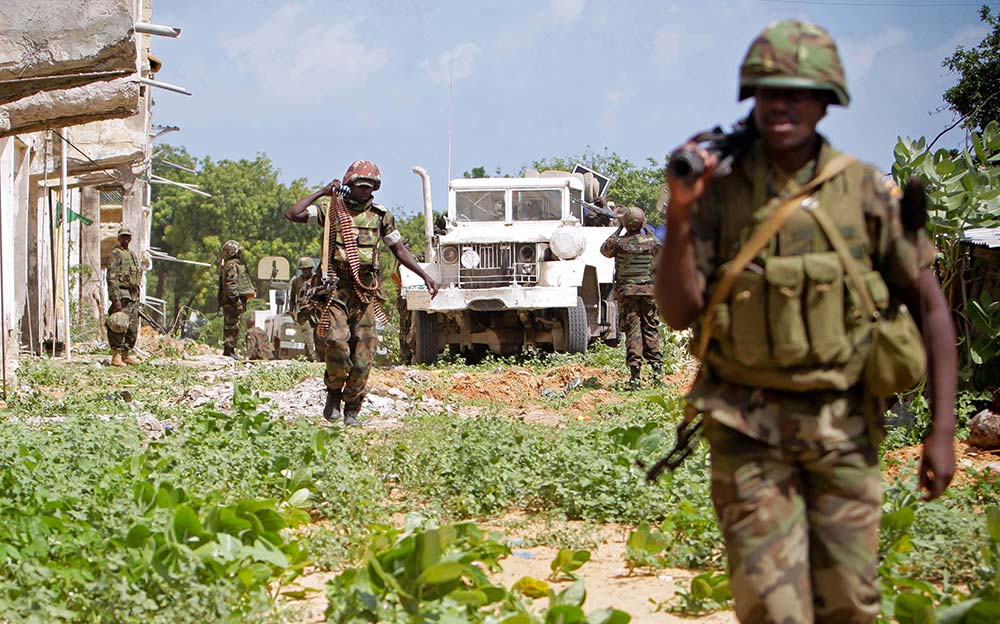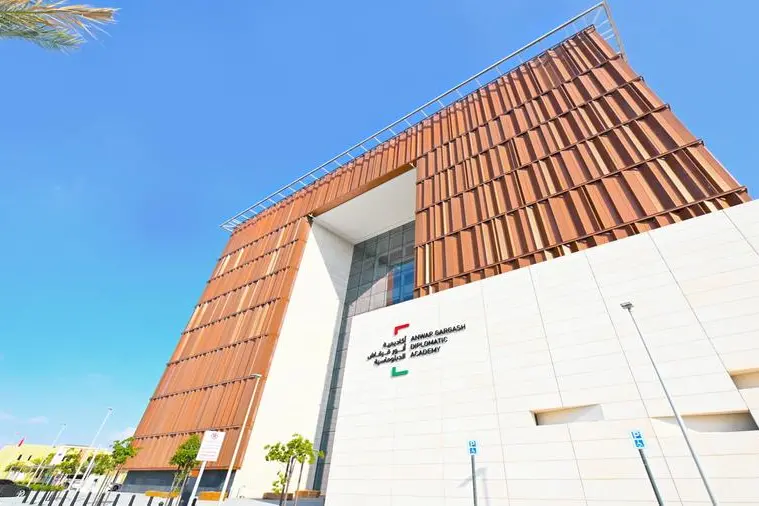In light of the progress made by African Union Mission in Somalia (AMISOM) in 2014, and cognisant of the changing situation in Somalia, a number of activities have been conducted in AMISOM, as directed by the African Union Commission (AUC) and the United Nations (UN) Secretariat. Among these activities was the request made by the AU Peace and Security Council to undertake, in close coordination with the UN Secretariat, a joint review of AMISOM and especially the implementation of the 2014 Revised AMISOM Concept of Operations (CONOPS), with a view to enhancing the planning and effectiveness of the joint Somali National Army (SNA) and AMISOM operations.
Following a joint meeting of the AMISOM Military Operations Coordination Committee (MOCC) and the Police Strategic Support Group (PSSG) in Addis Ababa, Ethiopia, findings and recommendations of the Joint Review Mission were welcomed. The findings included setting up an Ad-hoc Committee of Experts to look into the identified challenges and recommend clear proposals. The UN has since conducted a review of the United Nations Support Office to AMISOM (UNSOA) to assess the UN field support framework in Somalia as mandated to UNSOA. As a consequence of the joint review, the overall strategic objectives of AMISOM were revised. They were directed towards the creation and preservation of an enabling political environment for the political, peace and reconciliation processes to unfold in Somalia in line with the agreed broad objectives: (1) continuing offensive operations against the Al-Shabaab strongholds; (2) enabling the political process at all levels, including through securing critical political processes throughout Somalia; and (3) enabling stabilisation efforts and delivery from conflict to a peaceful environment for the Somali people to facilitate the wider process of peace building and reconciliation, including through the gradual handing over of the security responsibilities from AMISOM to SNA and subsequently to the Somali police force.
All these considerations have brought into focus the importance of the role of the Mission Support Unit. Currently the unique nature of the AMISOM operational circumstances dictate that support to AMISOM be provided by UNSOA through a Memorandum of Understanding (MoU) between the AU and the UN which provides for a UN Logistics Support Package. The Mission Support Unit remains responsible for the overall management of all support functions for AMISOM, coordinated through the AMISOM Joint Support Operations Centre jointly staffed by both AMISOM and UNSOA. As such, ACCORD/TfP will continue to work closely with the AUC and in particular AMISOM. ACCORD/TfP undertook a research project aiming at developing the AMISOM Mission Support Policy, from the 1-2 December 2015 in Mogadishu, Somalia. The research identified a number of documents that need developing in order to establish the requisite AMISOM Mission Support Framework. The focus will be on mission level/specific policies such as: SOPs, guidelines and workflows for the AMISOM Mission Support function. The development of mission support systems in AMISOM has been slow due to a number of factors, not least being the lack of staff. Additionally, beyond the ASF Policy Framework, most mission support concepts and manuals remain mainly in draft format. The research is outstanding and remains ongoing work that has to be addressed in the course of the 2016 PKU work flow.
This is in line with the TfP Programme’s strategic goal for improved and sustainable capacity for peace operations on the continent, through ensuring that functional organisational systems are in place in the UN, AU and RECs using relevant policy frameworks mandated by the UN, AU and RECs. ACCORD/TfP was represented by Mr Kwezi Mngqibisa, Coordinator – Somalia Initiative and Ms Barbara Mohale, Programme Officer – Peacekeeping Unit.
The Training for Peace Programme at ACCORD is an initiative funded by the Norwegian Ministry of Foreign Affairs.








